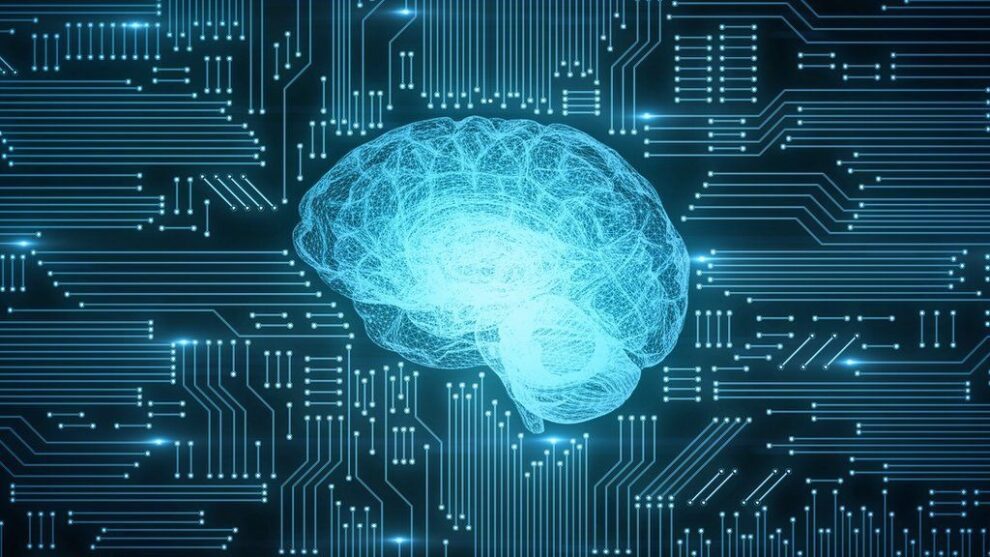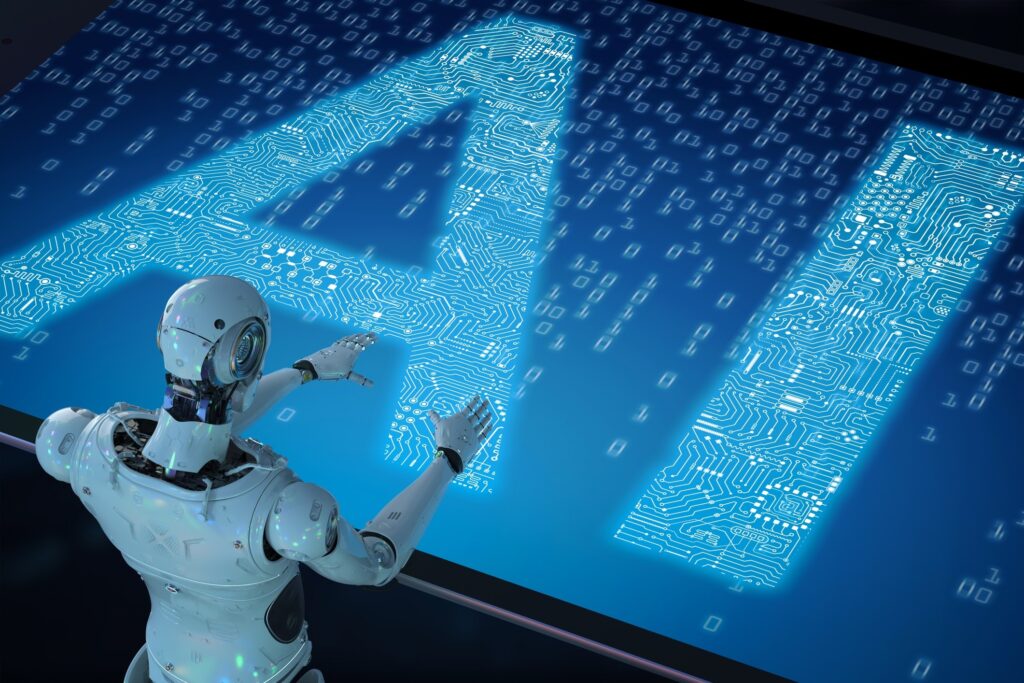Artificial intelligence (AI) has seen remarkable advancements in recent years thanks to breakthroughs in research and increasing computational power. In this blog post, we will explore some of the most exciting ways AI is being applied across industries, from healthcare to entertainment and beyond.
Revolutionizing Language Understanding
Large language models (LLMs) are becoming disturbingly adept at generating coherent, human-like text. Recent research from OpenAI and Google AI demonstrates LLMs successfully crafting news articles, poems, code, and more without human involvement. While still under development, the potential for these models to radically change content creation and consumption is enormous.
For example, an LLM could write a comprehensive product review infused with emotion and personality. Or it could generate endless unique news stories on current events. The applications span as wide as our imagination; however, the implications on ethics and misinformation will require extensive consideration.
Enabling Fracture Detection in Medical Imaging
Healthcare stands to benefit tremendously from AI integration. One application assists in identifying fractures in patient medical images. Researchers from Massachusetts General Hospital, MIT, and Google AI developed a system to analyze X-rays, CT scans, and other medical images for signs of fractures.
Their LLM obtained 90% precision in predicting fractures after training on a sizable dataset. This level of accuracy exceeds most human radiologists. By accelerating fracture detection, this AI could drastically improve patient outcomes and quality of life.
Personalizing Education for Better Outcomes
Applying AI to create customized lesson plans is paying dividends in the classroom. An AI system from Carnegie Mellon University and Google AI tailors learning materials and activities to each student’s abilities and interests. The researchers found test scores improved by 20% on average using this targeted instruction methodology.
The AI assesses the student’s level of understanding and styles of learning. It then generates personalized learning paths, modifying them in real-time based on the student’s engagement and progress. This application of AI has incredible implications for improving education efficacy and equality.
Curbing Financial Fraud with AI
Online financial fraud extract billions annually, but AI solutions are proving extremely capable at detecting fake transactions. Researchers from MIT and Google AI created a system to analyze purchases and interactions to identify fraudulent cases. Their approach yielded 95% accuracy, flagging illegitimate activities that humans missed.
The team trained the AI on known incidents of fraud provided by banks and financial institutions. It now screens all online transactions in real-time, alerting customers and institutions nearly instantaneously if it perceives fraud. Losses can thus be minimized thanks to the AI notification.
Piloting Autonomous Self-Driving Vehicles
Self-driving cars are steadily becoming reality instead of science fiction. Engineers from CMU, Uber, and Argo AI built an AI driver able to navigate unpredictable busy cities solo. Their autonomous vehicle completed a complex 16-mile test drive in Pittsburgh with no human intervention required.
The AI driving system classifies objects, interprets signals, responds prudently to unpredictable pedestrians and drivers, and maneuverers safely to each destination. It still has limitations in inclement weather, but the technology is improving rapidly. AI promises to enable self-driving taxi fleets, delivery vehicles, long-haul trucks, and personal cars over the coming decade.
Optimizing Manufacturing and Productivity
AI integration is streamlining production across industries. For example, researchers from MIT and Google AI cut circuit board assembly time in half using AI guidance. Their system maps the optimal positioning order for components to minimize robotic arm movements. It reduced the average planning phase from four hours to under two.
The optimized manufacturing process enabled by the AI increased output by 20% with the same facilities and staffing. This has broad applications for chipmakers but also manufacturers of airplanes, vehicles, appliances, and consumer electronics worldwide. AI efficiency improvements drive down prices while freeing up precious human talent for higher-level tasks.
Personalizing Advertisements
From social media to streaming TV and websites, users see advertisements everywhere. Researchers from Adobe and Google AI argue promotions can be less annoying while performing better if tailored to individuals. They developed an AI system to analyze user data and curate personalized ads proven to pique interest.
Early testing showed click-through conversions increased approximately 20%. Users received advertisements matching their preferences rather than generic off-target promotions. The AI considers demographics, browsing history, and multiple other signals to build consumer profiles and match sponsor content. While privacy implications exist, when executed ethically, such personalization can enhance both business revenues and customer experiences.
Enhancing Video Game Immersion with AI
Modern video games aim to transport players into fantastical yet believable worlds filled with compelling characters. Game developers from Electronic Arts (EA) and Google AI are using AI to automate building highly realistic non-player characters (NPCs). Their recent experiment generated game characters surpassing those crafted manually by human artists at EA.
The AI system studies human dialects, speech patterns, facial expressions, body language, and movement to construct 3D NPC models. It then assigns each one unique personalities, dialog options, missions, and behaviors. This automation liberates game designers to focus on high-level creative direction rather than labor-intensive detailing. And it enables massively expanding game worlds with legions of NPCs bringing unparalleled realism.
The Future with AI Is Bright
As evidenced by these innovations, AI will undoubtedly transform medicine, education, transportation, manufacturing, entertainment, and many other fields. In the coming years, experts forecast AI automating rote tasks in virtually every industry. While some jobs may become obsolete, many new career opportunities will emerge surrounding AI integration, operation, and maintenance.
Overall sentiment remains positive regarding AI’s potential benefit to global prosperity. However, researchers and engineers emphasize the critical importance of ethics in steering development. As AI becomes ubiquitous, we must instill machines — which operate on cold data-driven logic — with human values around fairness, accountability, and transparency.
Advancements may occasionally seem ominous or dystopian without these ethical frameworks in place. But the technology itself is neither good nor evil. With prudent regulation and governance, our society can harness AI to create positive enduring change. The possibilities are truly endless if we chart the path ahead wisely.
I hope you found this overview on some of AI’s most trailblazing applications useful. Please let me know what topics you would like me to cover related to artificial intelligence innovations in the future. The space is evolving rapidly so there is always exciting new ground to explore. Thank you for reading!

















Add Comment